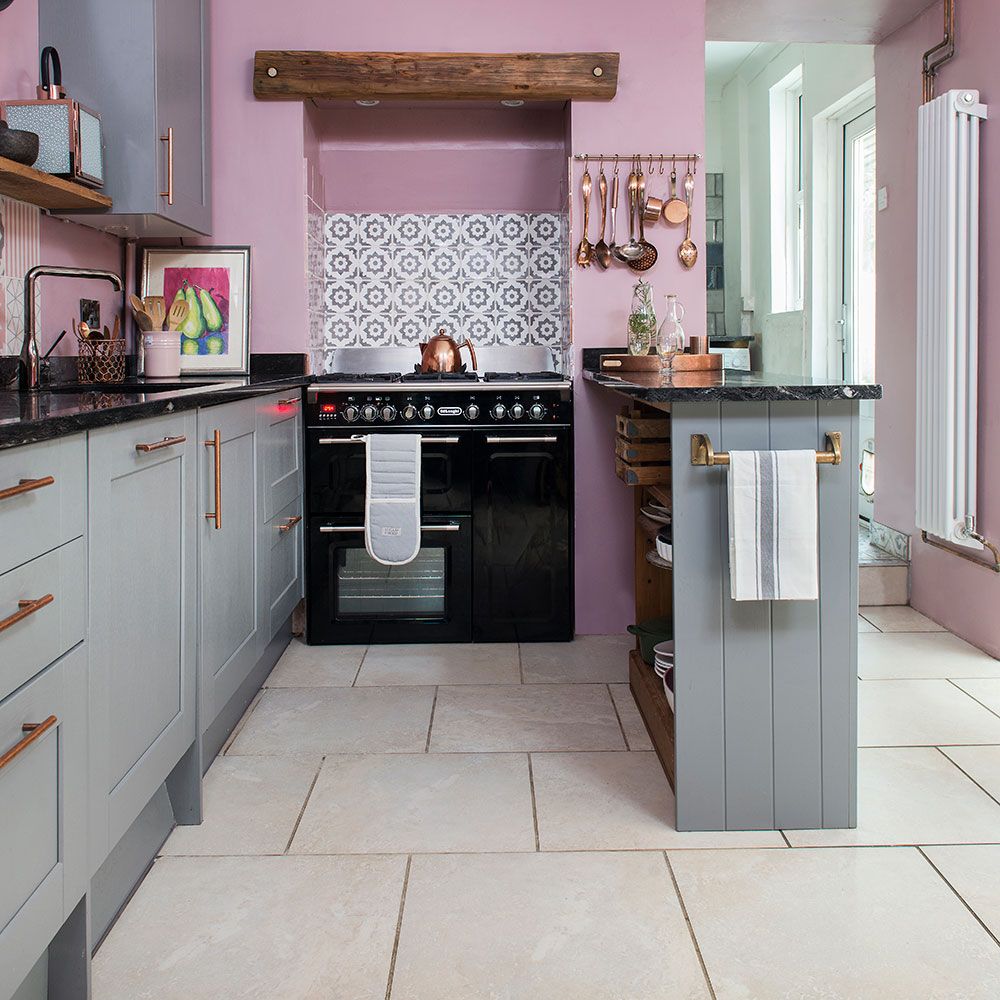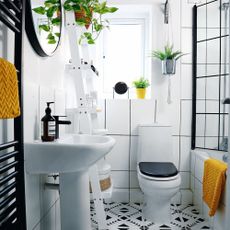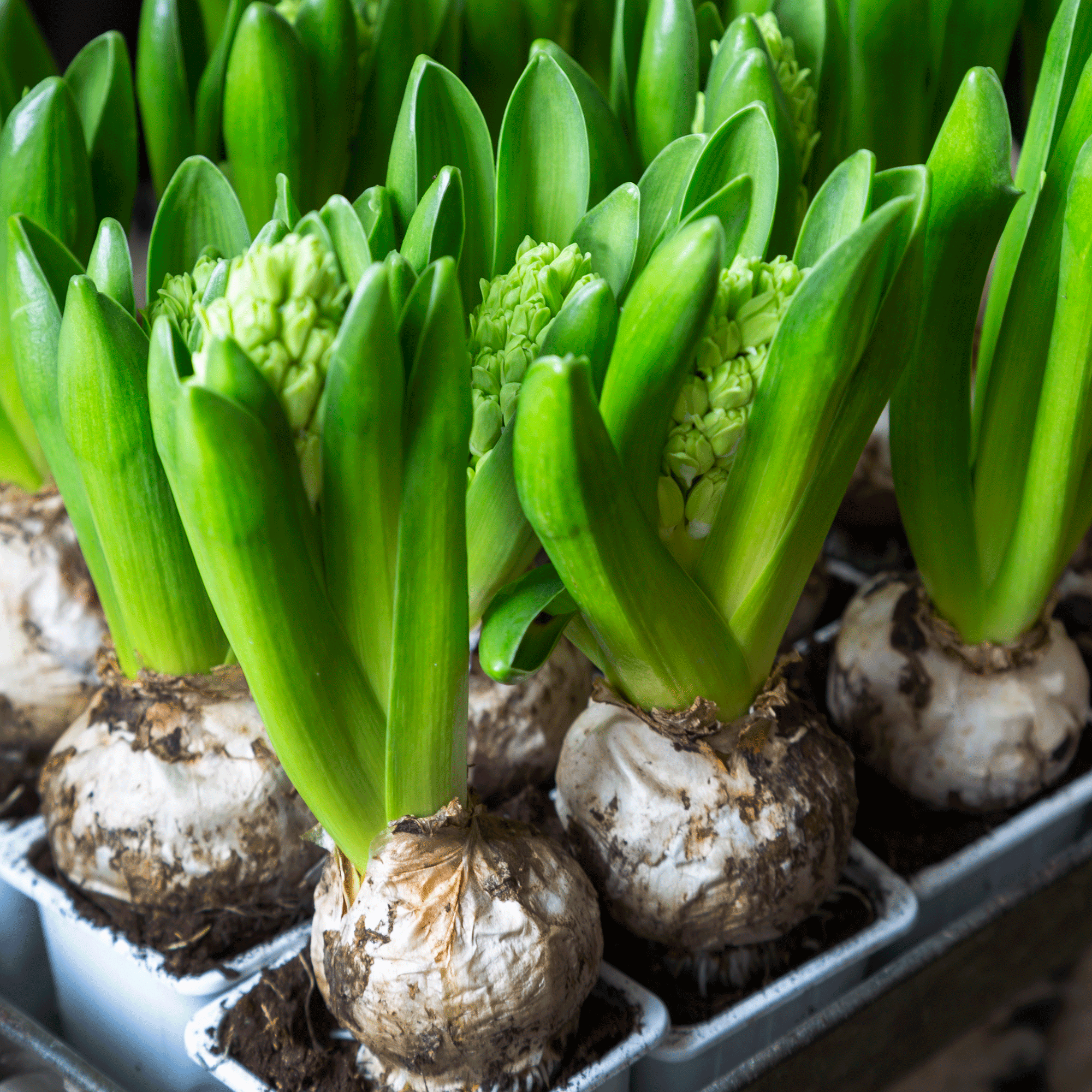Is there a gas boiler ban in 2025? And what will replace my gas boiler?
Get the lowdown on the gas boiler ban latest and the available alternatives if you’re planning to replace your gas boiler
There’s been a lot of talk about a gas boiler ban in recent months, as the government ramps up its net zero plans for 2050. And the implications of the drive to phase out natural gas boiler installations could be felt by hundreds of thousands of homeowners across the UK.
You may have also noticed a recent swathe of articles on heat pumps – the Government’s seemingly preferred low-carbon heating system to replace natural gas boilers. The energy-saving credentials of heat pumps are revered within the industry. However heat pumps will not be suitable for every home, for a variety of reasons.
This is a significant period for the UK’s green ambitions, and homeowners will be expected to play their part when it comes to their heating systems. Here’s what you need to know about if and when you might be affected by the gas boiler ban. Plus, what replacements are available that will best suit your home and save energy.
Is there a gas boiler ban in 2025?
Two dates have been associated with a gas boiler ban: 2025 and 2035.
The 2025 gas boiler ban
2025 was to mark the beginning of the Future Homes Standard. This Government plan will ensure new homes in England are future-proofed with low-carbon heating systems and high levels of energy efficiency.
However, as of September 2023, the PM confirmed that this has now been pushed back ten years, to 2035.
The 2035 gas boiler ban
As part of the Standard, it has been expected that no new homes will be able to connect the gas network from 2035. So as far as heat pumps vs gas boilers, this would mean that no new-build homes could be built with a natural gas boiler. Instead they will need to be fitted with an energy-efficient heating system, like heat pumps.
Rather than a blanket ban on gas boilers, it instead outlined a slightly softer approach to transitioning to low-carbon heating sources.
As a result, there will not be an explicit, outright gas boiler ban 2025 or otherwise, meaning you don't need to change yours unless there are signs you need a new boiler.
No one will be forced to remove them from their homes. Instead, the government confirmed that its ambition is for all new boiler installations to use low-carbon technology by 2035, and for natural gas boiler installations to be phased out.

Why is there a crackdown on natural gas boilers?
Natural gas boilers are seen as one of the biggest barriers to achieving net-zero emissions in 2050. They produce 58.5 million tonnes of carbon dioxide a year, the National Housing Federation says. In comparison, the 27 million cars in the UK emit 56 million tonnes annually. This makes homes a bigger threat to the climate than cars.
Slashing these greenhouse gas emissions and any remaining emissions offset would dramatically slow the impact of climate change. But only one million homes in the UK currently use low-carbon heating systems, according to the Climate Change Committee (CCC). The other 29 million homes use gas boilers.

What financial help is available to buy a replacement for my boiler?
Similar to boiler grants, there are several schemes available now, or launching soon, to help you afford the upfront costs of gas boiler alternatives, including:
- The Boiler Upgrade Scheme: Launching in April next year, homeowners can apply for grants of £5,000 or £6,000 to have heat pumps installed.
- The Renewable Heat Incentive: Closing in April next year, the RHI pays back the difference in capital cost to install a renewable heating system (against a conventional heating technology) with quarterly payments over a seven-year period.
- Home Energy Scotland: Scottish homeowners can get an interest-free loan from the Scottish government to pay the upfront costs of air source heat pumps and ground source heat pumps.
- Wales: Nest: Low-income households in Wales and people with certain health conditions can apply to get help with heat pump installation costs.

What are the alternatives to a gas boiler?
1. Heat pumps
Heat pumps come in a number of types. We'll focus on three – air source heat pumps (ASHPs), ground source heat pumps (GSHPs) and hybrid heat pumps – which all work slightly differently.
ASHPs work by capturing a small amount of electricity from the air to absorb the natural heat from a cold place and replace it in a warmer one. GSHPs differ in that they harness natural heat from the ground for your home's heating system. And hybrid heat pumps are an in-between. Essentially, they comprise a heat pump and another heat source (such as a boiler), combined into one system.
The government are big advocates of these systems because of their impressive energy credentials. Heat pumps are three to four times more efficient than traditional boilers, according to the Energy Saving Trust.
If you were to install a standard air source heat pump in an average-sized, four-bedroom detached house then it would be between £395 and £425 cheaper to run than a ‘G-rated’ gas boiler, the Energy Saving Trust says.
The differences between the systems mean that they aren’t all suitable for every home, however. To install an air source heat pump, you’ll need to have exterior space for the pump itself as well as interior space for the hot water cylinder.
Ground source heat pumps are only suitable for homes with outdoor space to accommodate tubes buried below ground. They also require interior space for a hot water cylinder.
How much do heat pumps cost? Heat pumps are presently an expensive technology. Despite their long-term cost benefits, the price of installing an air source heat pump or ground source heat pump ranges between £6,000-£18,000.
2. Hydrogen boilers
The government are staunch advocates of hydrogen boiler technology, which could one day be used to heat our homes. The main by-product of burning hydrogen gas is water, so it represents a way of greening up the gas grid.
As heat pumps won’t be suitable for all homes, hydrogen boilers could be a viable low-carbon heating system in the future. Several government-funded trials are ongoing across the UK to test the safety and efficacy of 100% hydrogen boilers. They're being conducted by the likes of Baxi Heating and Worcester Bosch.
Manufacturers including Viessmann have also developed hydrogen-ready boilers, intended to be a like-for-like swap for an existing gas boiler. These can run on a hydrogen mix of up to 20% and 80% natural gas.
Crucially though, they are not yet available, and won’t be until 2026 at the very earliest. The Government confirmed in its Heat and Buildings Strategy that it will be delaying a decision on how to integrate hydrogen heating into our homes.
3. Biomass boilers
Biomass boilers are another renewable and sustainable heat solution. They burn natural materials such as wood pellets, logs or chips, providing heating and powering hot water boilers.
The boilers themselves tend to be roughly the size of a four-drawer filing cabinet. While wood pellet boilers will fit in most utility rooms, log boilers are generally bigger and may require storing in a dedicated room. You’ll also need room for fuel storage.
How much do biomass boilers cost? They can be pricey initially. A fully automated wood pellet boiler can cost between £11,000 and £25,000, depending on the level of automation and sophistication. Generally biomass boilers are well-suited for big, hard-to-heat properties.

4. Infrared heating panels
Standard infrared heating panels cost between £120 and £180 each. They offer a budget-friendly heating method either as a whole house solution or as complementary heaters that work alongside your central heating.
You can even buy infrared heat panels on Amazon, to keep things quick and easy.
5. Solar thermal panels
Solar panels can only generate hot water. But they can help to lower your heating costs when used alongside a boiler or heat pump.
How much do solar panels cost? Installing a two- or three-panel solar thermal system that would supply an average 200-to-300-litre cylinder will set you back around £4,000 to £7,000.
Get the Ideal Home Newsletter
Sign up to our newsletter for style and decor inspiration, house makeovers, project advice and more.
-
 How to clean a stained toilet bowl - experts reveal the best cleaning hacks for a sparkling loo
How to clean a stained toilet bowl - experts reveal the best cleaning hacks for a sparkling looYes, a pumice stone is on this list…
By Lauren Bradbury
-
 Sam Thompson and Zara McDermott's 'brilliant design choice' redefines the ordinary all-white kitchen, say experts
Sam Thompson and Zara McDermott's 'brilliant design choice' redefines the ordinary all-white kitchen, say experts'It's a design strategy that effortlessly marries style with substance'
By Jullia Joson
-
 Can you plant bulbs in January? Garden experts have warning if you're planting spring bulbs late
Can you plant bulbs in January? Garden experts have warning if you're planting spring bulbs lateHave you missed the boat?
By Lauren Bradbury


